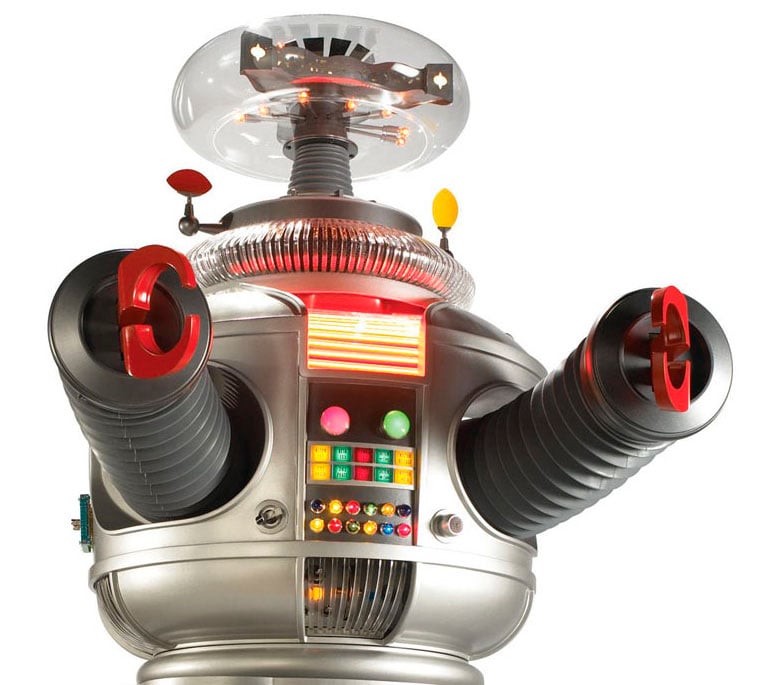I had opportunity, this weekend, to think once again about why the societal celebration of police sometimes unsettles me. It's not the celebration, I realized, but the way in which we couch those things. I listened to a pastor talk about a first responders Sunday they did - honoring local fire, police, EMS, etc. I was excited about that - no conflict at all. People who serve others so selflessly and importantly deserve as much recognition as we can give.
It was the next sentence that struck me difficult. He said, "We prayed a shield of protection around the people who shield and protect us." In that moment, the light went on. I got it. My conflict is not with the honor and respect, but with this narrative we've concocted whereby people who serve as police or soldiers or the like are keeping us safe. It creates an "us vs them" dichotomy that I find practically and theologically troubling.
I don't believe in "them." I can't. People are people - as is the theme of most recent posts here, because I've been dwelling a lot on our allegiances and divisions and how we overcome them - we are not separate. There exists only "us." Yes, maybe "us" with some differences, but that describes every human being on the planet - we're all alike, except in ways we're not. Picking and choosing which differences to accentuate and which to ignore don't make a lot of sense. We should recognizing and responding to all the various uniqueness present in everyone around us.
It's a soft play on fear to say a certain group is charging with protecting "us" or "our way of life" or "our freedom." This implies an enemy and it implies weakness; only this other person, other force, has the power to keep me safe. We'll skip the notion of whether safety is something even worth worrying about for today, but it's this way of speaking and, ultimately, thinking and training, that causes so many of our problems today.
What if the primary purpose of a police force was to protect everyone - seeing every human being as equally valuable and important, regardless of their current actions? Would there big as quick a rush to pull the trigger without a "good guys vs bad guys" mentality? That's not to condone behavior or ignore real dangers in the world. I'm not trying to be naive or dismissive, but the notion of "there are bad guys out there who need stopping," is not the only way to look at society and those who fail or refuse to participate in our shared way of life.
Ultimately, that's what an "enemy" is, right? It's a person who has taken a look at the dominant, agreed-upon way of life, and decided to act counter to it. If this counter-action becomes uncomfortable or violent or scary enough, we send in the authorities and remove them. I don't think this process is wrong or flawed or even that it can really be any different, short the parousia or specific divine intervention. I do think, however, that the way in which this process is carried out can be understood and practiced in vastly different ways.
I suspect, most of the time, when someone is arrested, it's for their own good. It's a physical restraint that keeps them from doing even further damage to themselves or others. I wonder, though, if that mindset is less common know than it used to be. The first prisons were literally monasteries. We have the word cell, because that's what you call a room where a monk lives. When someone was being anti-social,
they were sentenced to some time in a cell. They spent time in the regimented life of a cloister, having their needs met in a safe, welcoming,
grace-filled environment, where they could put their head on straight and have time to reflect.
I don't want to get into all the specifics of police of prison reform - there are volumes and volumes of material on these topics and its much too complex to parse in a short space - but I do think there are some simple perceptions we can work on changing to begin a process of Christ-like response to society and those who act outside its bounds.
We must refrain from pronouncing innocence and guilt - I'd say all the time, but especially outside the judicial system - we are all innocent and all guilty, all worthy of reprimand, punishment, and consequences, but also all worthy of grace, love, and human value. We have to start there.
We've also got to boycott the dichotomies - not just us vs them, but good vs evil, and strong vs weak - we've got to fight against the false associations of grace and frailty, love and powerlessness.
If the Kingdom of God is going to have any real impact in our lives, it must penetrate to every aspect of our world and our interactions with it.
Our words matter, our thoughts matter, our perspectives matter. Things are so very rarely black and white, we might as well be prepared for the gray at all times. Life is messy, but love conquers all - we just have to be ready to see the right perspective.

No comments:
Post a Comment